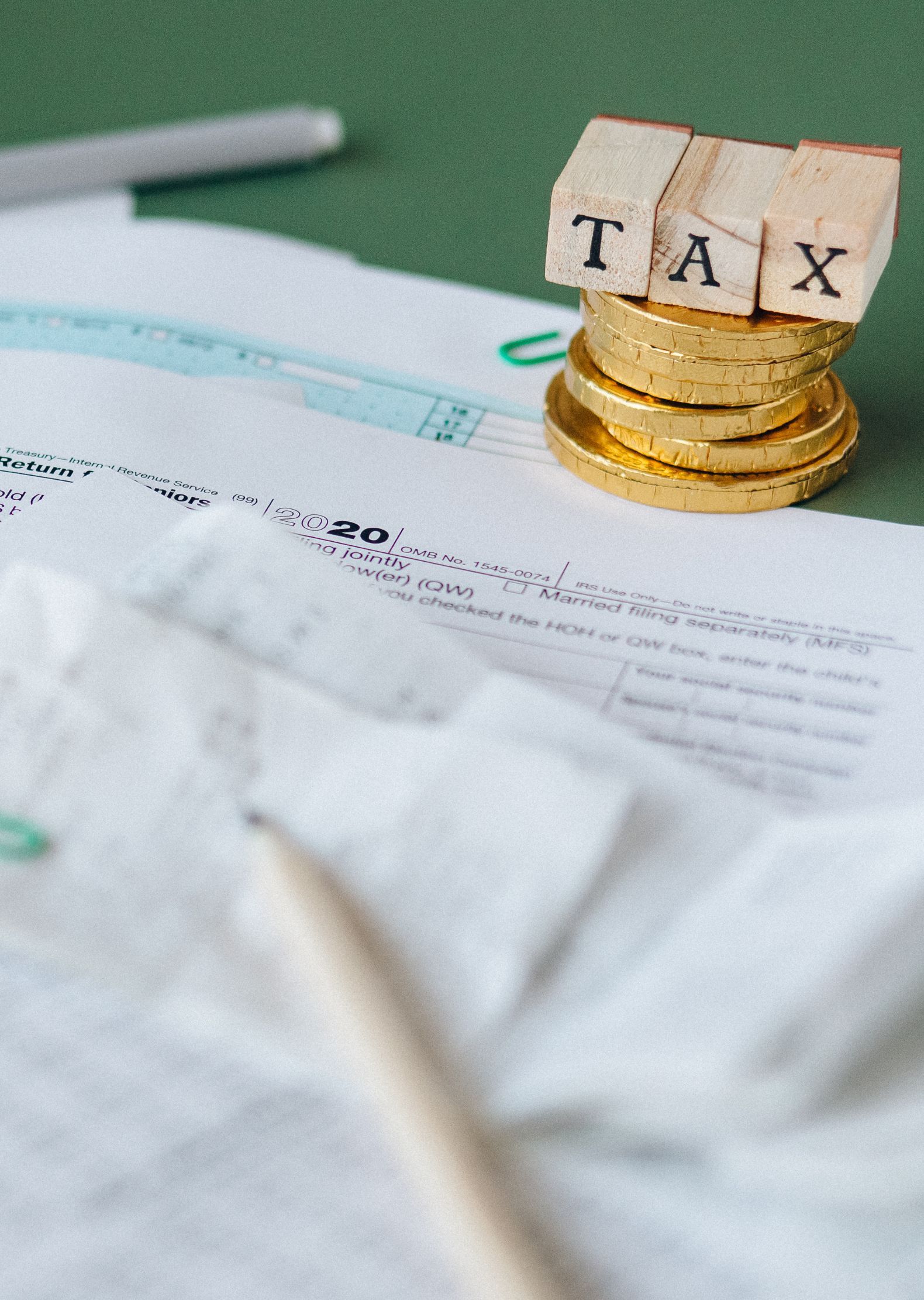In true 2020 fashion, the presidential election has been a rollercoaster ride. On Saturday, November 7, four days after election day, most media outlets projected Joe Biden as the next President of the United States.
1
However, the call for Joe Biden didn’t come without suspense, as the country waited for days for ballots to be counted in Pennsylvania, Arizona, Georgia, and Nevada.1 As of Monday, November 9, President Trump and many members of the GOP claimed that the election had been marred by fraudulent activity, and they vowed to pursue legal options to resolve those alleged issues.2
Barring any legal rulings that change the outcome, it appears that Joe Biden will be sworn in as the 46th president on January 20, 2021. What does a Biden presidency mean for the economy, the financial markets, and for your nest egg?
Taxes
What does a Biden win mean for the economy? It’s difficult to say. One certainty is that a Biden administration would pursue a wide range of tax increases. Biden’s tax plan includes income tax increases for those making more than $400,000 along with increases in payroll taxes, corporate taxes, and capital gains. The Tax Foundation estimates that the Biden tax plan would reduce GDP by 1.62% over the long-term.3
COVID and Stimulus
However, there are some who think a Biden presidency could positively impact the markets and the economy. David Wessel, director of the Hutchins Center at the Brookings Institute, said that the coronavirus pandemic and any possible stimulus are the biggest near-term economic issues.4
He added that the paths each candidate may take on those issues are substantially different. Biden is expected to push for a large stimulus package for both individuals and businesses. “In fact, that’s the scenario the stock market seems to be expecting and welcoming, even though Joe Biden is talking about raising taxes on investors,” Wessel said in an interview with NPR.4
Energy Prices
Some also speculate that a Biden presidency may lead to higher energy prices. A recent study from GasBuddy reported that “a Joe Biden presidency would favor more environmental controls with respect to drilling and emissions, increasing fuel mileage standards, alternative vehicle power like electricity, expanded tax credits benefiting fuel efficient vehicle owners, and evolving from fossil fuels.”5
Patrick DeHaan, head of petroleum analysis at GasBuddy, added, “Biden would end drilling, curbing U.S. oil production and end fracking, which could potentially send oil prices and thus gas prices higher.”5
Is Biden or Trump better for the economy?
Since it’s election season, there’s always speculation about which candidate will be better for the economy and the financial markets. However, the truth isn’t so clear.
According to Michael Townsend, vice president of legislative and regulatory affairs at Charles Schwab, “Markets are not historically affected by which party wins the White House and/or control of Congress, and that seems to be the case again this year.”6
This year has been one of uncertainty, and that will likely continue in 2021, regardless of whether Joe Biden is president or not. Let’s connect today to analyze your strategy and take action to protect you from market and tax risk. Contact us to start the conversation.
1https://www.cnn.com/2020/11/07/politics/joe-biden-wins-us-presidential-election/index.html
2https://www.theguardian.com/us-news/2020/nov/08/donald-trump-concede-legal-challenge-republicans-joe-biden-golf
3https://taxfoundation.org/joe-biden-tax-plan-2020/
4https://www.npr.org/2020/11/03/930722317/how-the-presidential-election-winner-could-effect-the-economy
5https://www.marketwatch.com/story/why-a-biden-presidency-may-lead-to-higher-gasoline-prices-11603992805
6https://www.azcentral.com/story/money/business/economy/2020/11/03/how-biden-trump-election-win-affect-stock-market/6127375002/
Advisory services offered through Change Path, LLC a Registered Investment Adviser. Change Path, LLC and Oliver Asset Management are unaffiliated entities.
Licensed Insurance Professional. This information is designed to provide a general overview with regard to the subject matter covered and is not state specific. The authors, publisher and host are not providing legal, accounting or specific advice for your situation. By providing your information, you give consent to be contacted about the possible sale of an insurance or annuity product. This information has been provided by a Licensed Insurance Professional and does not necessarily represent the views of the presenting insurance professional. The statements and opinions expressed are those of the author and are subject to change at any time. All information is believed to be from reliable sources; however, presenting insurance professional makes no representation as to its completeness or accuracy. This material has been prepared for informational and educational purposes only. It is not intended to provide, and should not be relied upon for, accounting, legal, tax or investment advice. This information has been provided by a Licensed Insurance Professional and is not sponsored or endorsed by the Social Security Administration or any government agency.














